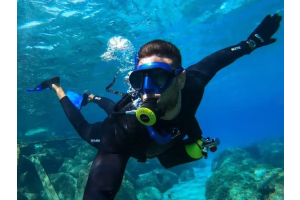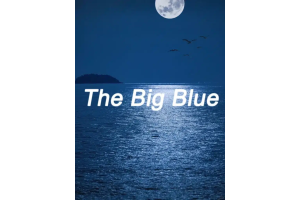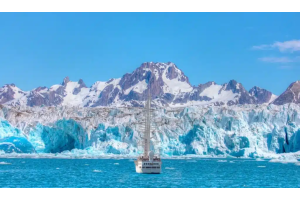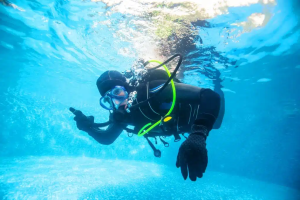Diving and marine conservation: What can we do?
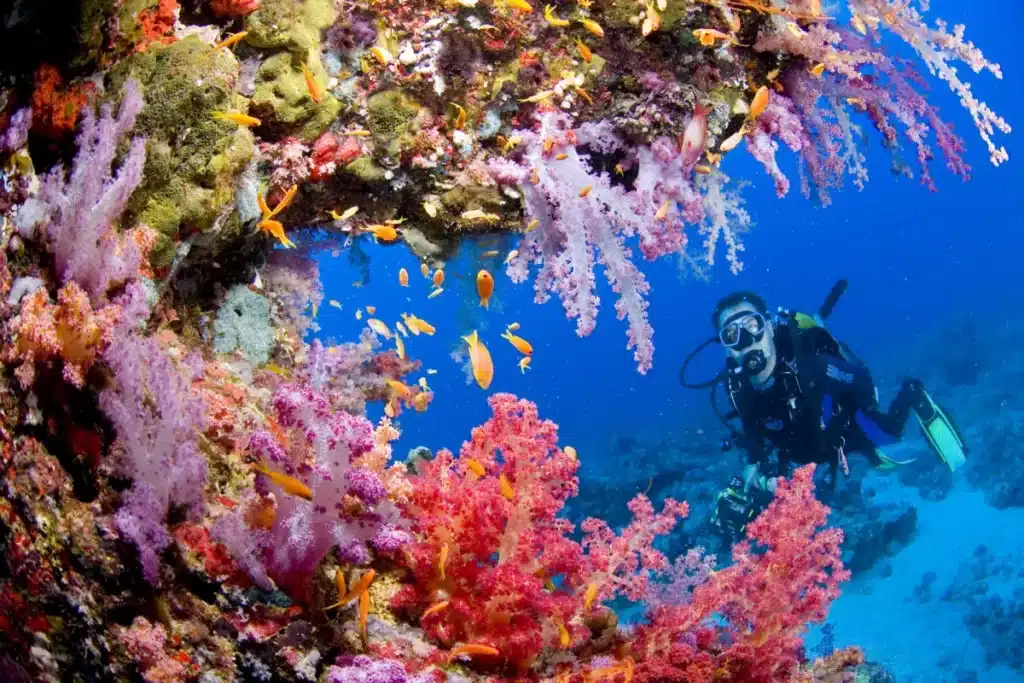
The ocean covers over 70% of our planet and is an important part of Earth's ecosystem. It plays a crucial role in regulating the climate, producing oxygen, and sustaining an incredible diversity of marine life. Yet it is increasingly threatened by human activities such as pollution, overfishing, and habitat destruction. As divers, we are uniquely positioned to contribute to ocean conservation. Through our underwater experiences, we witness not only the beauty of marine life, but also the pressing challenges that threaten its survival. So what can we do to protect the ocean we love?
1. Promote responsible diving practices
When diving, we experience the ocean's delicate ecosystems firsthand. As divers, we have a responsibility to respect and protect these habitats. Here are some important rules of conduct:
- Avoid contact with marine life: Do not touch coral reefs or marine animals, or disturb their habitat. Even the slightest contact can cause irreversible damage to sensitive organisms such as corals and sea turtles.
- Stay on designated trails: Always follow designated dive routes when diving to avoid damaging fragile coral reefs or disturbing the seabed. Small changes in an ecosystem can have significant long-term impacts.
- Minimize your environmental impact: Take care of your equipment and ensure no waste or pollutants are left behind. Use environmentally friendly diving equipment and always remove any debris you find underwater.
2. Support marine conservation organizations
Numerous organizations are working tirelessly to protect the oceans and their ecosystems. As divers, we can actively support these initiatives by participating in their efforts:
- Donate to conservation organizations: Organizations like Oceana, the Ocean Conservancy , and the Coral Triangle Initiative are committed to protecting marine life and improving public policy. Even small donations can make a significant contribution to funding research, cleanup efforts, and conservation programs.
- Volunteer for ocean cleanups: Many diving communities organize beach and underwater cleanups. Participating in these activities, whether locally or abroad, is a tangible way to remove trash and reduce the impact of pollution on marine life.
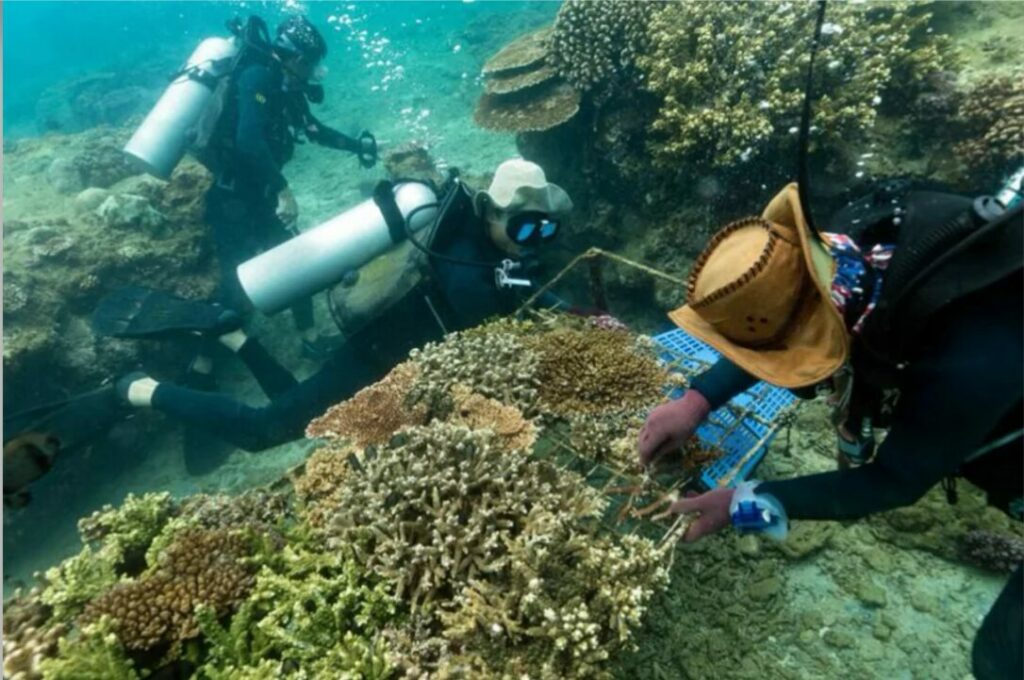
3. Educate others and raise awareness
Diving often offers a unique perspective on ocean health. By sharing these experiences, we can raise awareness and inspire others to take action. Here are some effective ways to spread the word:
- Share your stories: Whether through social media, blogs, or videos, share your diving experiences and raise awareness for ocean conservation. By highlighting both the beauty and challenges of the ocean, you can inspire others to value and protect the marine environment.
- Promote sustainable practices: Encourage others to adopt sustainable practices, such as reducing plastic use, supporting sustainable seafood, and advocating for stricter environmental regulations.
4. Support sustainable diving tourism
Tourism plays a significant role in both protecting and destroying marine ecosystems. By choosing eco-friendly dive operators and responsible dive destinations, we can ensure that tourism benefits the environment rather than exploiting it:
- Choose environmentally conscious dive shops: Look for dive operators that follow sustainable practices, such as participating in marine conservation programs, using eco-friendly products, and respecting local wildlife.
- Support Marine Protected Areas (MPAs): Many dive sites are located within MPAs, designated areas where marine life is protected. Supporting these areas through visits and compliance with regulations ensures that these habitats are preserved and can be enjoyed by future generations.
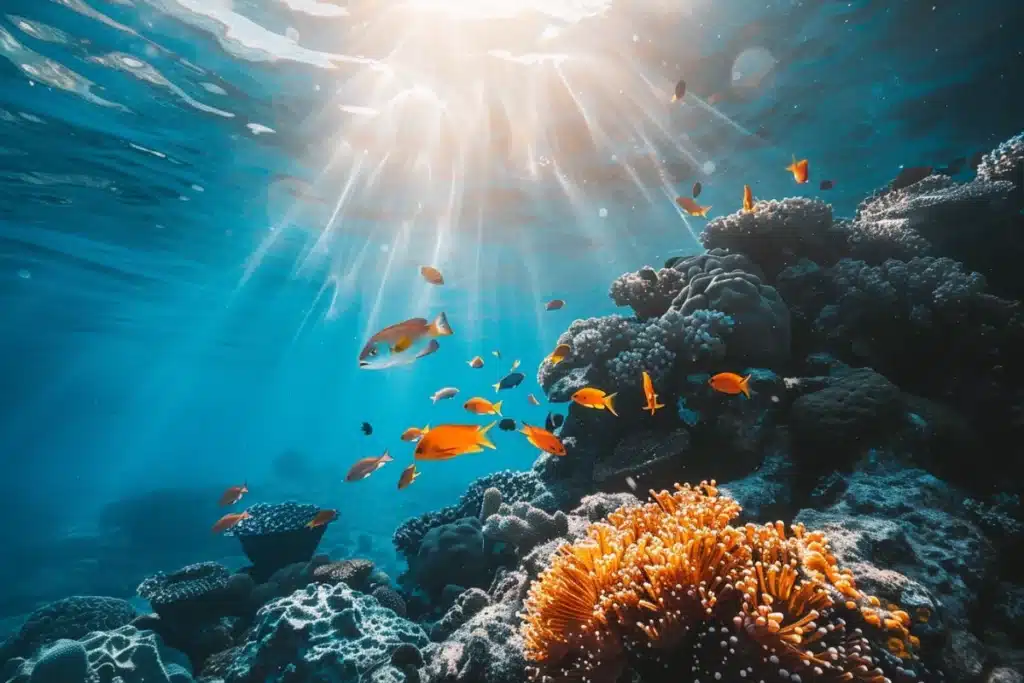
5. Advocate for political change
One of the most powerful actions we can take as divers is to promote ocean conservation measures. From reducing plastic pollution to enforcing stricter fishing regulations, public support for ocean conservation measures is critical:
- Sign petitions and get involved: Support petitions to protect the oceans and contact local legislators to voice your concerns. Political engagement can lead to broader policy changes that protect marine ecosystems worldwide.
- Support marine protected area legislation: Advocating for the creation and enforcement of marine protected areas helps protect important habitats and promotes sustainable marine practices.
Conclusion: Our responsibility as marine conservationists
The ocean faces multiple threats. As divers, we have a unique opportunity to witness these challenges firsthand and take meaningful action. By practicing responsible diving practices, supporting conservation organizations, educating others, and advocating for policy change, we can help preserve the ocean for future generations. The health of the ocean directly impacts the health of our planet. Together, we can ensure the marine ecosystems we value continue to thrive. Let's dive into the future and take action to protect the blue heart of our Earth.

